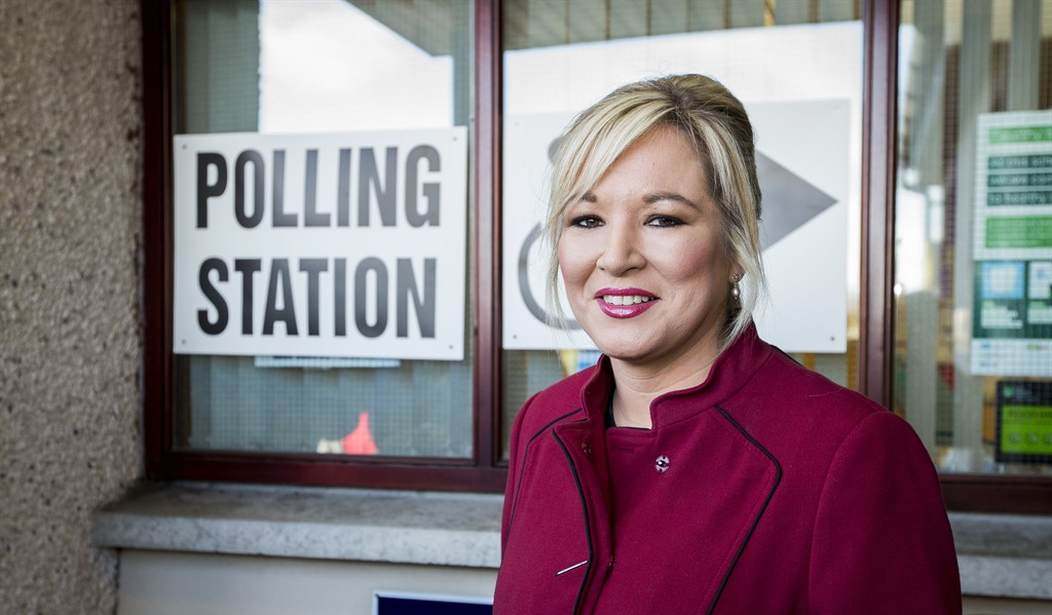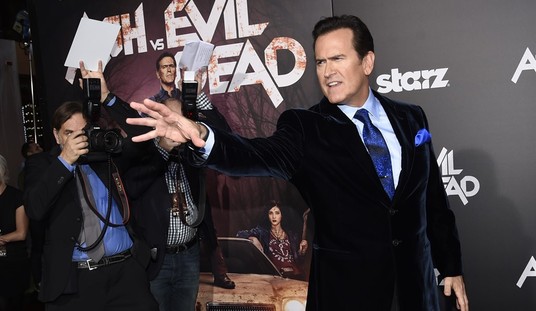History has been made as Michelle O'Neill assumes the role of North Ireland's First Minister. This marks the first instance of an Irish nationalist leading the government in the United Kingdom territory of Northern Ireland and ends a two-year government boycott. O'Neill, of the Sinn Fein political party, was confirmed on Saturday after the Democratic Unionist Party (DUP) ended a two-year shutdown of the power-sharing government by reaching an agreement with the UK to alleviate trade frictions related to Brexit.
O'Neill's elevation underscores the growing popularity of Sinn Fein across the island. The party now envisions its long-standing goal of a united Ireland as potentially “within touching distance." Sinn Fein was once the political arm of the Irish Republican Army (IRA) during the Troubles, playing a crucial role in the peace process that led to the 1998 Good Friday Agreement. This agreement brokers the shared government of Northern Ireland between British unionists advocating to remain in the UK and Irish nationalists seeking unification with Ireland.
Speaking of that troubled past, O'Neill said,
I am wholeheartedly committed to continue the work of reconciliation between all of our people. The past cannot be changed or cannot be undone. But what we can do is build a better future.
O'Neill also stated that there will be equal treatment of all citizens in the region, declaring,
The days of second-class citizenship are long gone. Today confirms that they are never coming back.
The return to government comes exactly two years after a DUP boycott over a dispute regarding trade restrictions. Northern Ireland faced the absence of a functioning administration during this period, leading to increased living costs and strained public services. A year ago, The Windsor Framework, an agreement between the UK and the EU, eased customs checks but did not satisfy the DUP, continuing the shutdown of the shared-power Belfast government.
O'Neill pledged cooperation and effort to her colleagues, saying,
As an Irish republican, I pledge cooperation and genuine honest effort with those colleagues who are British, of a unionist tradition, and who cherish the Union. This is an assembly for all – Catholic, Protestant, and dissenter.
An open border between Northern Ireland and the Republic of Ireland was vital for the peace process ending the violent conflict known as the Troubles. However, customs checks were imposed between Northern Ireland and the rest of the UK after the UK departed from the EU. This international-type customs border between two UK regions has been exceedingly contentious. (For an American analogy, imagine an international-type border and customs screenings between two U.S. states.)
Read More:
Conor McGregor Pulls No Punches Against Timid Irish PM Over Hamas Kidnapping a Young Irish Girl
This week, the UK government agreed to new changes, eliminating most routine checks and paperwork for most goods entering Northern Ireland. The changes include legislation affirming Northern Ireland’s constitutional status and providing local politicians with democratic oversight of potential future EU laws. The UK government has also committed over £3 billion ($3.8bn) to Northern Ireland to repair its battered public services.
A DUP-nominated Emma Little-Pengelly was sworn in as Deputy First Minister, holding the same powers as the First Minister. In reality, the distinction between the two roles doesn't affect the powers or status in the shared-power government. However, the symbolic significance of a Sinn Fein representative becoming the First Minister is notable in a region where symbols hold significant weight, according to Irish political commentator Fintan O’Toole. O’Toole highlights that Michelle O’Neill's leadership underscores the shift from the original project of maintaining a Protestant majority committed to the United Kingdom in Northern Ireland.
O’Toole emphasizes the symbolic significance of O'Neill's position,
"It doesn’t mean that a United Ireland is an immediate prospect but it does mean that the whole future of Northern Ireland is very much an open question. The task now is to make that openness promising and full of opportunity rather than threatening and full of fear.”
Read More:














Join the conversation as a VIP Member